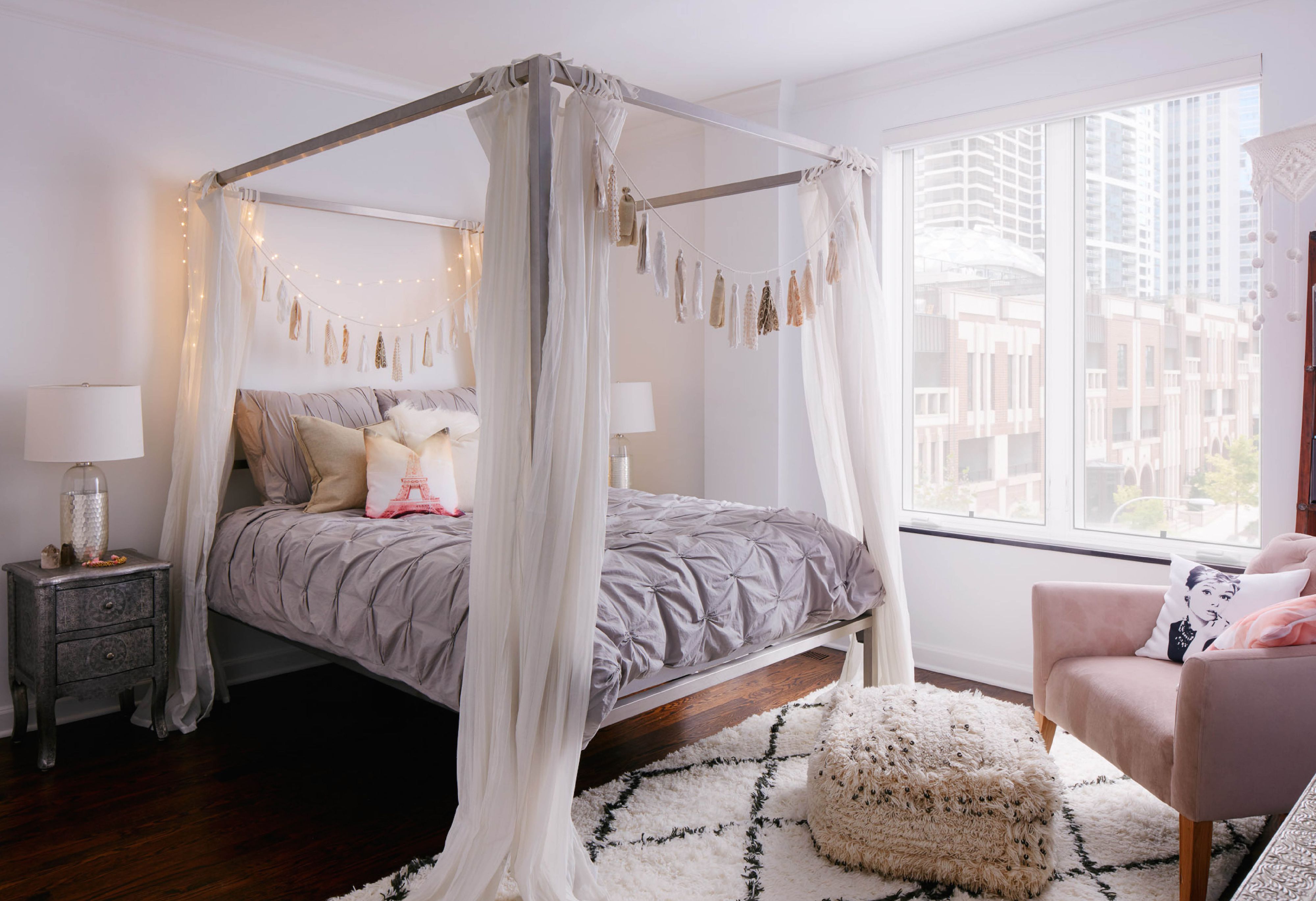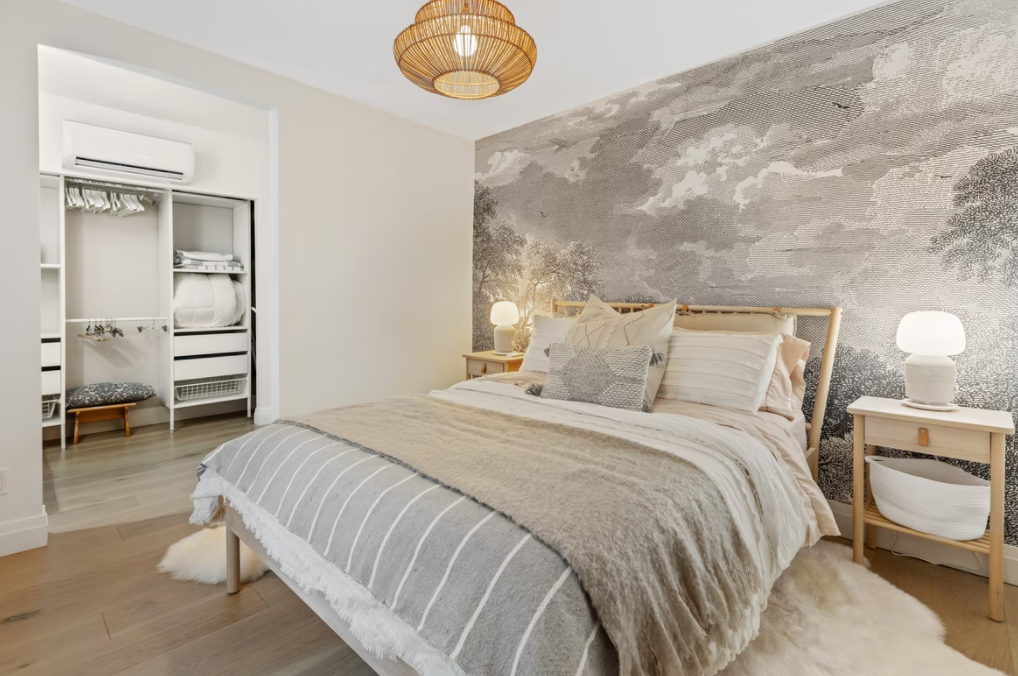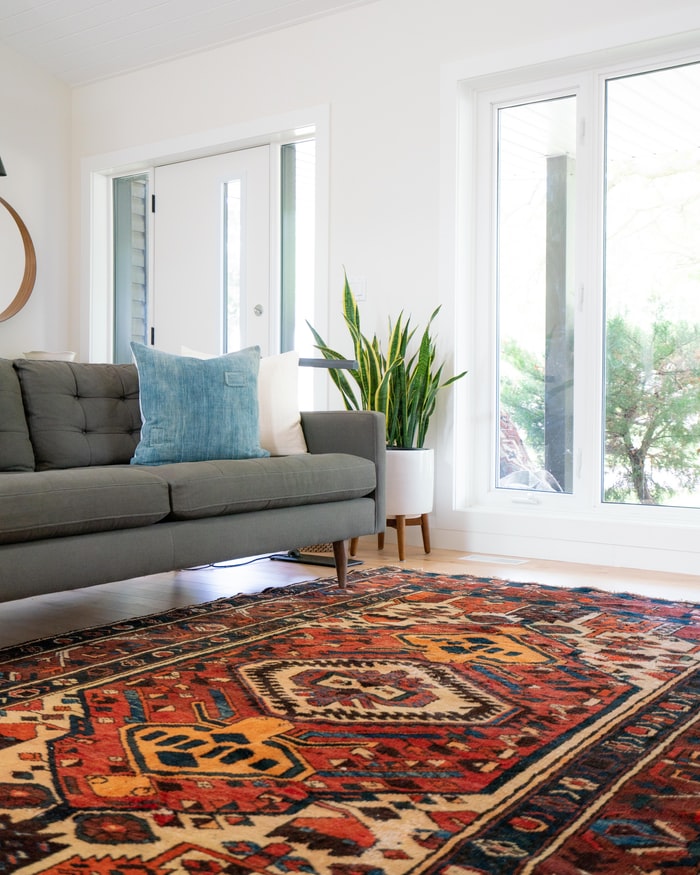5 Steps to a Better Night’s Sleep

A good night’s rest is crucial to our wellbeing, and yet many of us do not give it enough thought or ensure we get are required shuteye!

Not sleeping enough can lead to a lack of concentration, depression, anxiety, forgetfulness, and physical health problems like heart disease, diabetes, and an irregular heartbeat. We need to look after ourselves by having a proper sleep pattern in place.
Decrease your Caffeine Intake
While there is nothing wrong with your morning coffee, you shouldn’t drink caffeine late in the day as this can cause worsened sleep. This is because coffee stimulates your nervous system, causing your body issues when it tries to unwind late at night. Caffeine can remain in your blood for 6-8 hours, so drinking large amounts is not recommended, as you will want to relax before bed. If you really need to quench your taste for coffee, swap it out for decaffeinated coffee.
Stop Napping During the Day
Sleeping in the daytime can cause confusion for your mind and body as your internal body clock is unsure as to when to sleep later on. Of course, a short power nap can be beneficial, but napping for a long amount of time can cause a disruptive routine. Napping and its effects depends on the individual, so if napping doesn’t have an impact on how well you sleep at night, you shouldn’t worry too much.
Improve your Bedroom Environment
Your bedroom should be set up for sleeping and relaxing. This means having the right thickness of curtains, arranging the furniture so that it seems light and airy, reducing light and noise, and keeping it clutter-free. Invest in high-quality furniture so that you are comfortable and well-supported. A poor mattress and noisy bed frame can keep you up at night, tossing and turning. Rather than settle, invest in organic mattresses to improve your sleep and a bed frame that is quiet and stable. You will also want to set a bedroom temperature that offers pure comfort. It is difficult to sleep well when you are too hot; however, this all depends on personal preference. It is believed that around 70°F (20°C) is best, but you should trial and error it until you find what works for you.
Stop Eating Late at Night
Late night eating can cause stomach upset and make you uncomfortable as your body tries to digest food. Bedtime snacking is usually associated with eating bad, high-calorie or saturated foods that are difficult to stomach – it can also impact your mental health. Furthermore, it could cause you to be hungrier the next morning, impact your blood pressure, and interrupt your sleep phases. If you are hungry and need to eat before bed, keep it light and healthy. Stay away from foods that are high in sugar and saturated fat.
Wake up the Same Time Each Day
It is tempting to sleep in during the weekends or your days off, but doing so can cause you to feel sleepier and groggier than usual. This is because your circadian rhythm works on a set loop, ensuring to align with sunrise and sunset. By waking up at the same time, you are set to having a better night’s sleep.







Leave a Comment